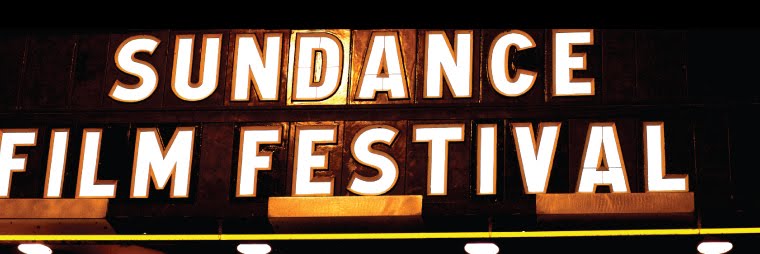All works of film are meant to manipulate the viewer toward some perceptual experience. All are presented as fragments, which are assembled by our minds into complete wholes (the mind automatically processes fragments to form wholes, see gestalt psychology): composition, editing, pacing, music, etc. all play a part in which wholes will be created in the mind of the viewer - and the meaning of these wholes will largely be contextualized by the viewer's pre-established culturally-instilled beliefs. Filmmakers know this, I think, and always keep in mind how best to manipulate audiences toward their desired ends.
So, how shall we best approach the documentary film? I'd like to say skeptically with deep emotional reserve; however, it feels too pleasing to allow myself to get lost in the sound and the fury of a film: in the strangest of ways, I love abandoning myself to the experience of film - to have my senses heightened, overtaken, and played toward some cathartic moment. With the documentaries that appeal to one's sense of social justice, I sometimes enjoy the feeling of rage or anguish that is brought upon me by the filmmaker's clever arrangement of film elements. There are few things more gratifying than being brought to rage, or to tears, or to laughter while in a theater full of people who are being brought to those same emotions! Particularly concerning the social-justice documentary, I think there is a trend of angry (perhaps young) idealists who enjoy watching revealing critiques of society with like-minded people perhaps solely to feel a shared sense of rage, if even for a moment in the darkness of a theater.
What I often overlook when I start questioning the veracity of film overmuch is the phenomenon that film somehow interweaves us! A separate truth is generated on an experiential level - as viewers process and respond to the manipulations of film. This truth, the result of having witnessed something, can be just as interesting as the supposed truths that the film is meant to convey.

I love that you brought up this point about truth. I think your right and saying that the documentary's goal is to manipulate the audience; it is how the maker of the film tries to achieve his desired effect on the audience. There is nothing wrong about that because obviously the film maker has something to say and they are going to do things and present their ideas in the most effect way: editing, lighting, music, personal stories/narrations etc. I kind of wish I would have read this before seeing all the Sundance films because then I might have tried to remove my emotions from the film and paid more attention to how the film maker was using such elements to get the desired effect or reaction. Bueno Mark, good insight!
ReplyDelete